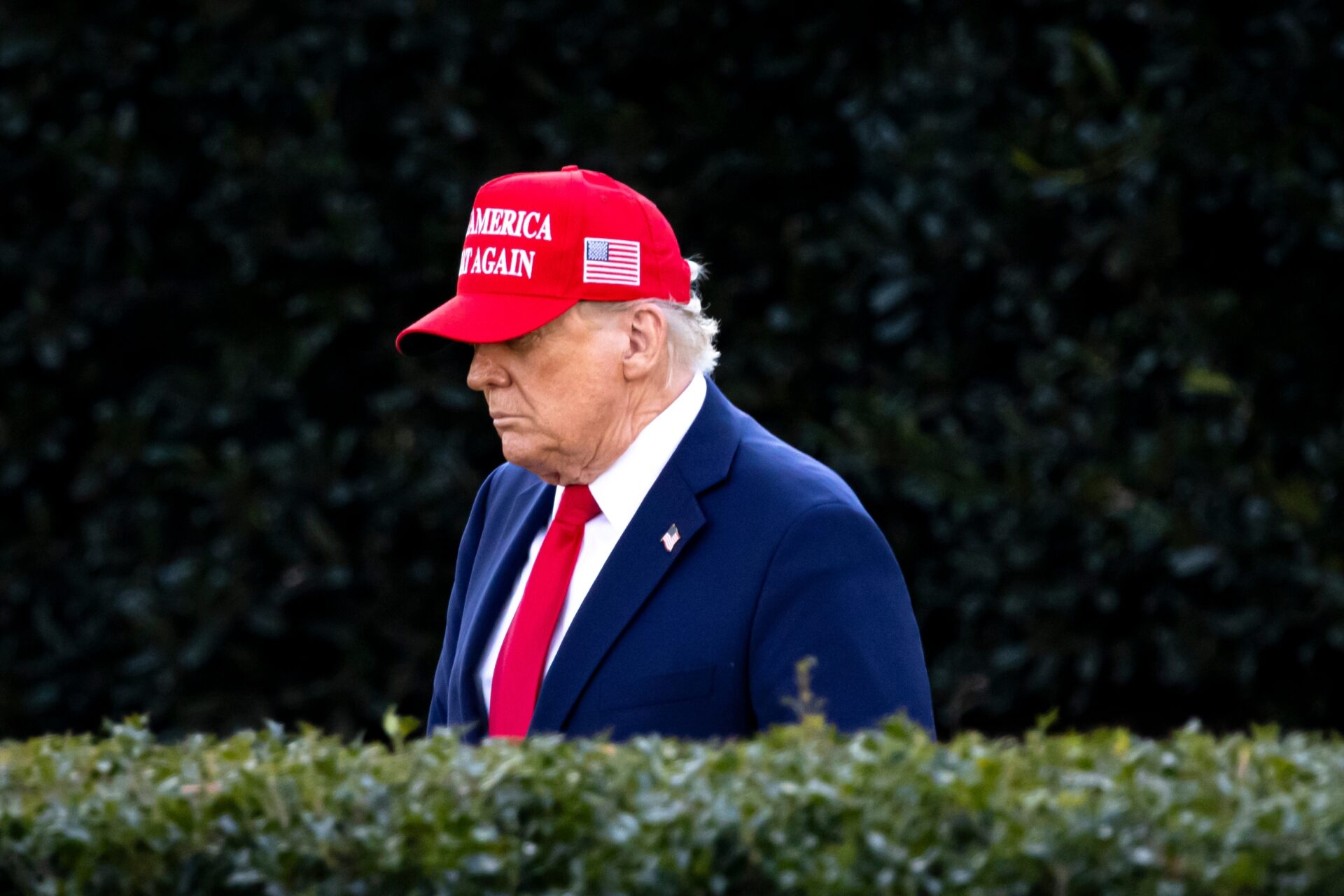
“Invasion” CLAIM Sparks Legal FIRESTORM
President Trump wins a temporary victory in the legal battle over control of California’s National Guard as a federal appeals court allows deployment to continue amid ICE raid protests in Los Angeles.
At a Glance
- A federal appeals court granted an administrative stay, allowing Trump’s federalization of California’s National Guard to continue while the case is being considered
- The 9th Circuit Court will hear arguments on June 17, after a lower court ruled Trump’s actions illegal and exceeded his authority
- The deployment followed protests against ICE raids in Los Angeles which Trump characterized as a “rebellion”
- Governor Newsom sued the administration, arguing the takeover violates the Constitution and state sovereignty
- The case highlights tensions between federal authority and states’ rights in domestic law enforcement matters
Federal Court Reverses Ruling Against Trump
The 9th Circuit Court of Appeals delivered a significant interim victory to President Trump by granting an administrative stay that allows federalized California National Guard troops to remain deployed in Los Angeles. This decision temporarily overturns U.S. District Judge Charles Breyer’s ruling that had sided with California Governor Gavin Newsom. The appeals court will hear full arguments on June 17, but until then, the National Guard will continue operating under federal control despite fierce objections from state officials.
The legal dispute centers on Trump’s authority to federalize state National Guard units. Judge Breyer had ruled that Trump exceeded his statutory authority and violated the Tenth Amendment, which reserves powers not delegated to the federal government to the states. However, the appeals court’s administrative stay effectively puts that ruling on hold, allowing federal operations to continue while the legal arguments develop.
Appeals court halts ruling forcing Trump to return CA Guard to Newsom’s control
Federal appeals court issued stay on ruling requiring Trump to cede https://t.co/qHOdB0EWWd
Guard control. Judge ruled earlier that deployment to LA violated federal statutes and 10th Amendment.… https://t.co/ymJgFsQU8M pic.twitter.com/83ZUu6oWGK
— SubX.News® (@SubxNews) June 13, 2025
Tension Between Federal Authority and State Rights
The confrontation began when ICE conducted operations in Los Angeles without notifying local law enforcement, sparking protests. On June 7, President Trump issued a memorandum authorizing the Department of Defense to federalize California’s National Guard, citing a “rebellion” in the city. Newsom and Attorney General Rob Bonta immediately challenged this characterization and the legality of the takeover, filing a lawsuit against the Trump administration.
“The president is of course limited to his authority. That’s the difference between a constitutional government and King George.”, said Judge Charles Breyer.
Trump’s legal team has argued that federal government code allows the President to issue orders through state officials without requiring a governor’s approval. This interpretation directly conflicts with Newsom’s position that a president cannot deploy the National Guard without the consent of a state’s governor. The dispute highlights fundamental questions about federalism and the balance of power between state and federal authorities during domestic disturbances.
President Trump continues efforts to turn the military into his own personal police force against American citizens in Los Angeles.
Prior to this week, President Trump and members of his Administration have repeatedly and publicly declared that a takeover of the National Guard…
— Governor Newsom Press Office (@GovPressOffice) June 12, 2025
Political Fallout and Claims of Overreach
The federalization of California’s National Guard has inflamed partisan tensions nationally. Newsom has characterized Trump’s actions as “creating fear and terror” and “a manufactured crisis to allow him to take over a state militia.” Even Trump ally and U.S. Secretary of Homeland Security Kristi Noem described the president’s actions as potentially “a direct attack on states’ rights,” indicating concerns about the precedent this might set.
“Donald Trump is creating fear and terror by failing to adhere to the U.S. Constitution and overstepping his authority. This is a manufactured crisis to allow him to take over a state militia, damaging the very foundation of our republic. Every governor, red or blue, should reject this outrageous overreach. This is beyond incompetence — this is him intentionally causing chaos, terrorizing communities, and endangering the principles of our great democracy. It is an unmistakable step toward authoritarianism. We will not let this stand.”, stated Governor Gavin Newsom.
Trump responded forcefully to Newsom’s criticisms, stating, “Incompetent Gavin Newscum should have been THANKING me for the job we did in Los Angeles, rather than making sad excuses for the poor job he has done. If it weren’t for me getting the National Guard into Los Angeles, it would be burning to the ground right now!” The lawsuit also notes that the federalization deprives California of resources needed for emergencies and drug interdiction operations throughout the state.
Constitutional Questions at Stake
At the heart of this conflict lie significant constitutional questions about when a president can lawfully federalize a state’s National Guard. Under normal circumstances, governors command their state’s National Guard units. The federal government can assume control under specific conditions, but the requirements and limits of this authority are now being tested in court. Former military leaders have expressed concerns about potential politicization of the military and the risks of deploying troops for domestic law enforcement.
“President Trump’s order calling federalized National Guard troops into Los Angeles – over the objections of the Governor and local law enforcement – is unnecessary and counterproductive. It’s also deeply unfair to the members of the National Guard who are hard at work every day protecting our state, preparing for and responding to emergencies, and training so that, if called, they can fight our nation’s wars.”, stated Attorney General Bonta. “Let me be clear: There is no invasion. There is no rebellion. The President is trying to manufacture chaos and crisis on the ground for his own political ends. Federalizing the California National Guard is an abuse of the President’s authority under the law– and not one we take lightly. We’re asking a court to put a stop to the unlawful, unprecedented order.”
The June 17 hearing will likely address whether Trump’s actions meet the legal standards for federalizing state militia forces and whether protests against ICE operations constitute a “rebellion” justifying military intervention. The outcome could have far-reaching implications for presidential power and states’ rights in responding to civil unrest, potentially setting precedents for future federal-state conflicts during domestic disturbances.


